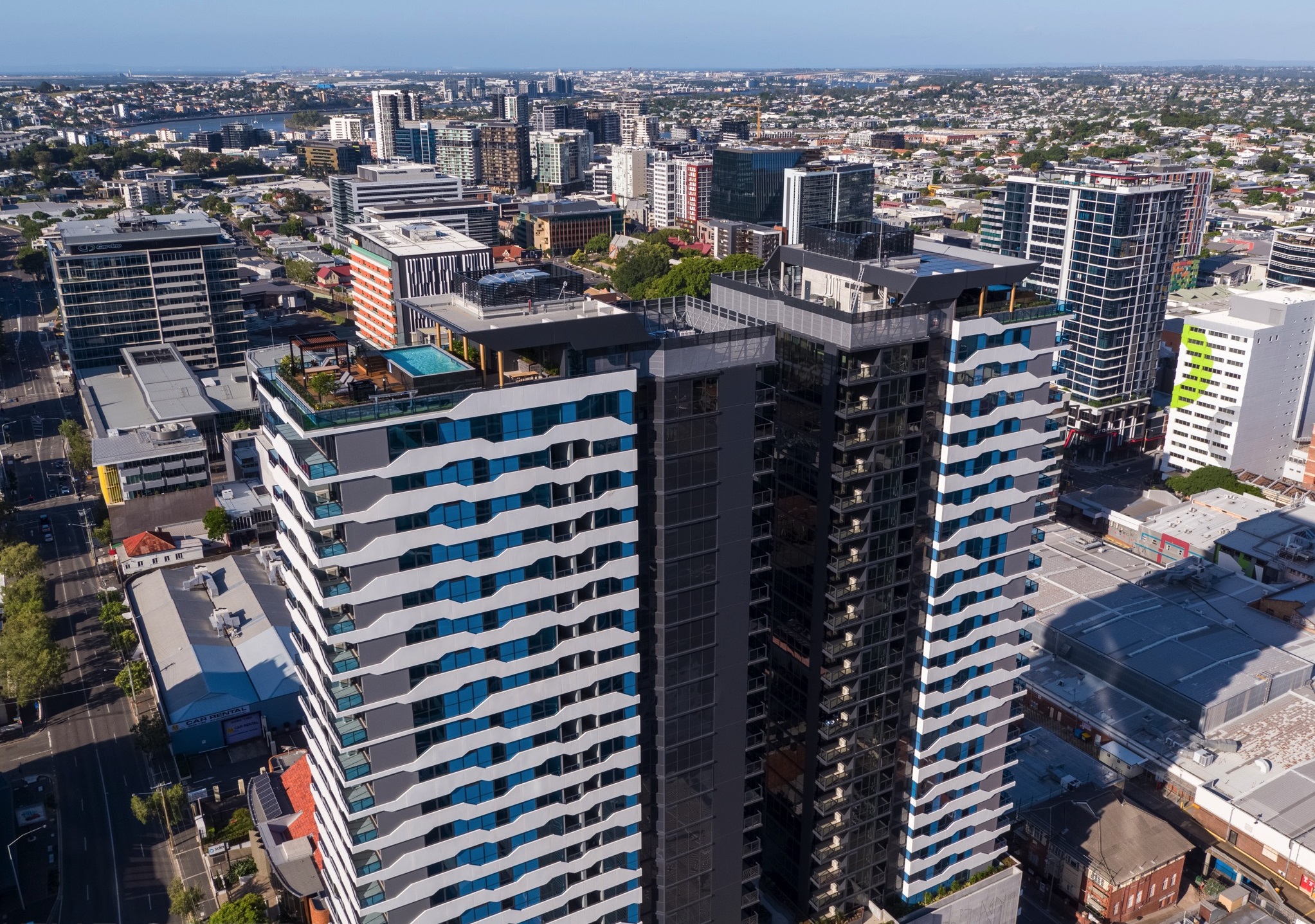
If you’re like most people, trawling through receipts to tally up your allowable deductions is probably not your idea of fun. With tax time just around the corner we wanted to share our pre-tax time checklist to help make things just a bit easier for you.
1. Get organised
Hopefully, you’re not one of those people who shoves their receipts and paperwork into a shoebox… but even if you are, you need to get it in order. If you have lost any receipts then a bank statement will still suffice of evidence of when a purchase was made.
To get started, you should organise your expenses into categories. An excel spreadsheet is a great way of keeping track of expenses, but also consider an expense-tracking mobile app. Either option will make it much easier to track your expenses month-by-month, and help save a lot of time and angst as tax time approaches.
2. Choose an accountant
Choose an accountant. The result you will get from using an educated, experienced professional will be far better than if you try to navigate this on your own. We know it can be tempting to take the advice of a friend or colleague who has already been there, done that… but if they aren’t a qualified, professional accountant then you are risking getting only some of the information you need to benefit.
3. Add up your allowable deductions
While it’s true there are a lot of expenses associated with your investment property that can be deductible, not all will be. It’s likely there will be some expenses that you will only be able to partially claim. There are also deductions you can claim in the tax year that you incurred them, and deductions that have to be spread across several years (such as capital works expenses.)
The Australian Tax Office’s Guide for rental property owners, Rental Properties 2019, is a great tool for trying to make sense of your potential tax deductions.
It’s important to have a professionally prepared depreciation schedule if you want to claim for depreciating assets, so contact your local Quantity Surveyor for assistance if you need to organise or update an existing one prior to submitting your tax return.
When you buy an investment property, you’re essentially purchasing the building plus other items of ‘plant’, such as the air-conditioner, cooker and hot-water service. These are depreciating assets and you can claim depreciation for them, provided you have a proper depreciation schedule, as mentioned above. If you have a depreciation schedule, you can deduct an amount equal to the decline in value of the depreciating asset during the income year.

4. Determine your assessable rental income
For those who are new to property investing, your rental income is the total amount of rent and associated payments you receive, or become entitled to, when you rent out the property. The full amount of rent you earn must be noted in your tax return. Talk to your accountant if you have any issues working it out.
5. Review your finances
The end of the financial year is a great time to review how your investment property is performing, and to review how well your loan is serving you. To make sure your investment loan is still right for your needs, speak to us and we’ll compare the market for you and show you what’s out there.
There are many kinds of finance options for investment property mortgages that you may want to consider. For example, an option that is popular with many property investors is a loan that allows them to pay interest only in advance. This is a fixed rate loan that allows you to prepay 12 months of interest in advance. This option could allow you to receive a discount on your interest rate, protect you from rate rises during the year and help you to maximise your cash flow knowing there will be no further repayments until next year.
Depending on your financial circumstances, it could also be very beneficial to you come tax time (but again, we do recommend that you consult one of our Accountants to see if this is the right strategy for you).
6. Start planning for the year ahead
It always pays to plan ahead so you can arrange your finances accordingly.





